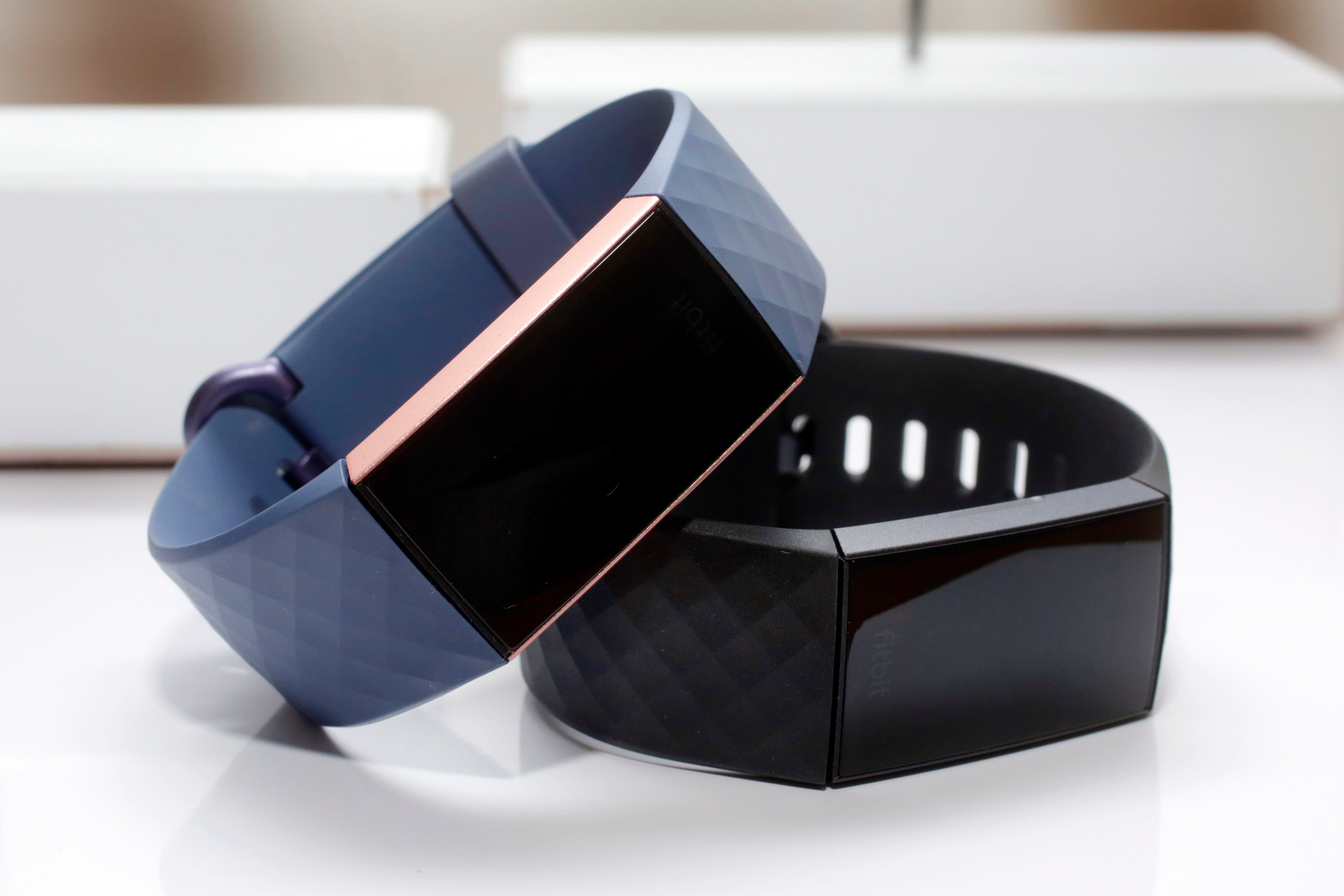EU clears Google takeover of Fitbit, with conditions
EU regulators cleared Google’s plan to buy fitness tracking device maker Fitbit after the company promised to silo off user data and not use it for advertising

Your support helps us to tell the story
From reproductive rights to climate change to Big Tech, The Independent is on the ground when the story is developing. Whether it's investigating the financials of Elon Musk's pro-Trump PAC or producing our latest documentary, 'The A Word', which shines a light on the American women fighting for reproductive rights, we know how important it is to parse out the facts from the messaging.
At such a critical moment in US history, we need reporters on the ground. Your donation allows us to keep sending journalists to speak to both sides of the story.
The Independent is trusted by Americans across the entire political spectrum. And unlike many other quality news outlets, we choose not to lock Americans out of our reporting and analysis with paywalls. We believe quality journalism should be available to everyone, paid for by those who can afford it.
Your support makes all the difference.The European Union on Thursday approved Google’s plan to buy fitness gadget maker Fitbit for $2.1 billion after it promised to restrict user data and ensure Android phones work with other wearable devices for at least 10 years.
Human rights and consumer groups had called on authorities to block the deal, citing privacy and antitrust concerns. The deal also attracted scrutiny in Australia, where competition regulators are mulling a similar offer from Google
The EU was initially worried the deal would expand Google’s “data advantage” and raise barriers for rivals in the online ad industry.
The EU’s competition commissioner, Margrethe Vestager said she approved the deal because Google’s commitments “will ensure that the market for wearables and the nascent digital health space will remain open and competitive.”
Google said it “worked constructively” with EU regulators to resolve their concerns, including the set of legally binding commitments that the European Commission accepted.
“These build on assurances we have made since the beginning that we are committed to protecting Fitbit users’ privacy and will continue to invest in and support manufacturers and developers,” the company said in a statement.
Google made the commitments to get approval from the EU after the bloc’s competition watchdog launched an investigation of the deal this year.
The Silicon Valley tech giant's commitments included a promise to silo off Fitbit user data from other Google data and not use it for advertising purposes. The company also pledged to ensure phones running its Android operating system can continue to work with third-party fitness trackers. That includes agreeing not to use warnings and error messages to worsen the experiences of other fitness watches.
Google also vowed to continue giving outside health and fitness apps to access Fitbit data.
Subscribe to Independent Premium to bookmark this article
Want to bookmark your favourite articles and stories to read or reference later? Start your Independent Premium subscription today.